 So, in a fictitious country, we have 99 people who make $20,000 annually, and 1 person who makes $100,000.
Technology then breeds efficiency, and a greater net total of value is created.
Now, 99 people make $30,000 annually, and 1 person makes $1,000,000.
Is this better than before? Yes.
But, there is actually a greater amount of economic inequality than before.
The point is, that there is nothing innately wrong with 'economic inequality'. There is something wrong with poverty, but one does not necessarily beget the other. Are we on the same page?
So, in a fictitious country, we have 99 people who make $20,000 annually, and 1 person who makes $100,000.
Technology then breeds efficiency, and a greater net total of value is created.
Now, 99 people make $30,000 annually, and 1 person makes $1,000,000.
Is this better than before? Yes.
But, there is actually a greater amount of economic inequality than before.
The point is, that there is nothing innately wrong with 'economic inequality'. There is something wrong with poverty, but one does not necessarily beget the other. Are we on the same page? August 1, 2007
Economic Inequality
 So, in a fictitious country, we have 99 people who make $20,000 annually, and 1 person who makes $100,000.
Technology then breeds efficiency, and a greater net total of value is created.
Now, 99 people make $30,000 annually, and 1 person makes $1,000,000.
Is this better than before? Yes.
But, there is actually a greater amount of economic inequality than before.
The point is, that there is nothing innately wrong with 'economic inequality'. There is something wrong with poverty, but one does not necessarily beget the other. Are we on the same page?
So, in a fictitious country, we have 99 people who make $20,000 annually, and 1 person who makes $100,000.
Technology then breeds efficiency, and a greater net total of value is created.
Now, 99 people make $30,000 annually, and 1 person makes $1,000,000.
Is this better than before? Yes.
But, there is actually a greater amount of economic inequality than before.
The point is, that there is nothing innately wrong with 'economic inequality'. There is something wrong with poverty, but one does not necessarily beget the other. Are we on the same page? July 31, 2007
Why Every President Sucks
 (continuation)
#3. Thomas Jefferson
During the Napoleonic Wars, both Britain and France regularly seized American ships bound for the other's ports in hopes of hindering the other's economic success. So, in December of 1807, Jefferson signed The Embargo Act. This act banned foreign trade of any kind in hopes that Britain and France would be so utterly wounded by this trade loss, that they would have to accept U.S. neutrality on the seas. This did not happen, and forced to rely only on domestic goods, U.S. prices skyrocketed, crippling the economy, all without restoring trade neutrality. Shortly before the end of his term, Jefferson repealed this act, and limited this trade ban to only Britain and France.
(continuation)
#3. Thomas Jefferson
During the Napoleonic Wars, both Britain and France regularly seized American ships bound for the other's ports in hopes of hindering the other's economic success. So, in December of 1807, Jefferson signed The Embargo Act. This act banned foreign trade of any kind in hopes that Britain and France would be so utterly wounded by this trade loss, that they would have to accept U.S. neutrality on the seas. This did not happen, and forced to rely only on domestic goods, U.S. prices skyrocketed, crippling the economy, all without restoring trade neutrality. Shortly before the end of his term, Jefferson repealed this act, and limited this trade ban to only Britain and France. 
